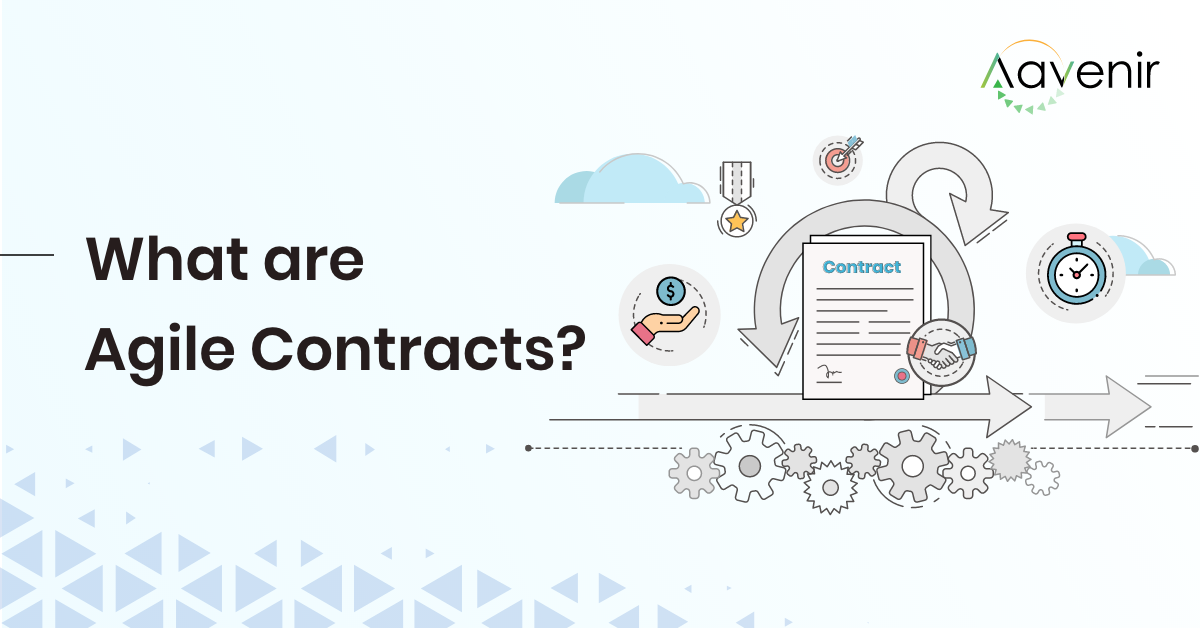Circa May 2020
Customer: “Can we collaborate and negotiate openly with your contract solution?”
Me: “Aha. Why would you want this critical document to be this open and collaborative?”
Customer: “Well, we want to collaborate and be flexible in authoring contracts. We are an agile organization.”
Post-Covid, organizations want to be nimble and fast in every aspect. Earlier, Contracts were an afterthought. Contracts were drafted, approved, and put in drawers or specific share points. Many consider contracts as rigid documents because of the way the contracts get negotiated, drafted, and managed. Considering the stable environment in earlier times, organizations wanted fixed clauses that had constant costs and very few variables in terms of the supply chain. In current times, supply chains are complex and have huge dependencies on multiple variables. Now, as I write this article, a shipping container is stuck in the Suez Canal and has blocked 12% of overall oil from getting shipped in the world. With such variables, organizations want variable pricing in services or want to be flexible to avoid contractual disputes.
Organizations have started understanding that time-consuming negotiations or contractual disputes end up in increasing risks and too stringent contracts may eat the energy of employees. Contract managers have realized that contracting parties should focus on collaboration and results-oriented obligations. This emerging way of contracting is called Agile Contracts.
What are Agile Contracts?
Agile contracts are goals-oriented contracts that focus on achieving the end goals with agile mindsets. These contracts have provisions such as Early Cancellation Clauses for early feedback or Graduated Fixed price. This helps the customer to focus on achieving the objective of any project and in parallel, the vendor remains happy as customers pay an amount at the end of the project. In Agile contracts, the supplier and the customer together define their common assumptions in terms of the business value, implementation risks, expenses (effort), and costs.
What are different kinds of Agile Contracts?
Incremental Delivery Contracts
Incremental Delivery Contracts allow customers to review contracts at designated points in the contract life cycle. These points are negotiated into contracts and allow customers to make changes, continue, or terminate the project. At the strategic level, teams decide the broad scope of the contract and decide on project goals, topics, and legal framework. Supplier and customer then come together in a workshop to define the expenses for the entire project. Comparatively to traditional projects, projects based on Agile contracts can be completed early if the customer agrees to have derived the expected value with the already delivered features. This stage arrives when agreed-upon functionalities have been implemented.
Time and Materials
This is the most used agile contract in different projects. In this type of contract, the supplier is paid for the time spent creating a product or delivering a service as well as for the materials that were used in its creation and delivery. The supplier is paid for the time spent creating a product or delivering a service as well as for the materials that were used in its creation and delivery. The supplier ensures that longevity remains and keeps a cap on costs incurred in the project.
What are the benefits of Agile Contracts?
- Increased and Frequent collaboration among stakeholders
- Flexibility in authoring and managing contracts
- The projects are managed in shorter sprints and can be easily managed
- Focuses on the win-win situation for all stakeholders. This is not a zero-sum game where one stakeholder wins and another is at loss
Conclusion
To summarize, Agile contract management follows an agile approach to reduce risks and increase collaboration. An effective mechanism is implemented with clear communication among the project team and stakeholders. The greater emphasis is on collaboration than documentation. With changing times and disruption, Agile contracts hark back to an era where contracts were based on trust rather than long pages of legal language.





